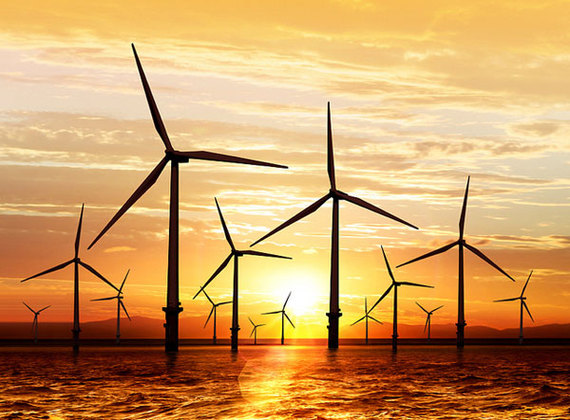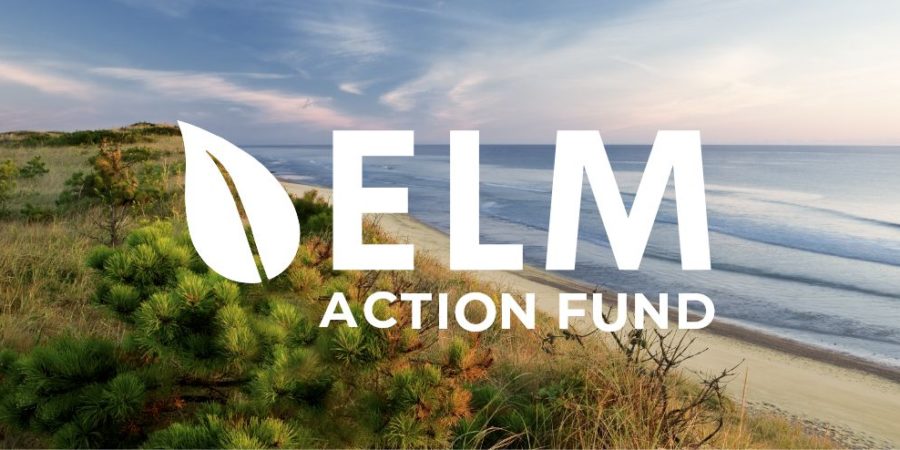With the enactment of H.4857 An act to advance clean energy, Massachusetts now has a pathway to doubling its offshore wind power commitment. After passing historic legislation in 2016 that had the Commonwealth leading the nation with a 1,600 megawatt (MW) commitment, states along the coast have followed suit, setting higher goals and plotting out procurement plans. Massachusetts continues to blaze the trail, with an 800 MW project now in the queue (twice the size of the next largest project contract in any other state), and the bill Governor Baker signed yesterday indicates that the Commonwealth has no intention of slowing down.
An act to advance clean energy authorizes the Department of Energy Resources to evaluate the necessity, benefits, and costs of procuring an additional 1,600 MW of offshore wind power. With more than 8,000 MW of offshore wind potential in areas identified for wind energy development off of Massachusetts, H.4857 makes it possible to tap into more of what is within reach, and to seize the environmental and economic benefits it has to offer.
“New England is facing the dual threat of the impacts of climate change and the impending closure of a lot of older, dirty, power generators. Offshore wind is very well positioned to help address these threats. We look forward to working with the Baker administration as it prepares a report on offshore wind for the legislature next year. I am confident that given what we know now, the future is very bright for responsibly built offshore wind,” said Eric Wilkinson, General Counsel and Director of Energy Policy at the Environmental League of Massachusetts.
“Offshore wind power can help stabilize electric rates, create thousands of high-quality local jobs, and dramatically reduce our contribution to climate change. To deliver such critical transformation, we need to continue reaching higher. We applaud Governor Baker’s leadership and look forward to working with the administration, developers, and scientists to launch an offshore wind power industry for the Commonwealth that protects wildlife every step of the way,” said Catherine Bowes, Offshore Wind Energy Program Director for the National Wildlife Federation.
“Offshore wind is a critical part of Massachusetts’ clean energy future. While we are pleased the legislature took steps to increase offshore wind in Massachusetts, the wildfires, heat waves, and extreme storms from the past year show that we need to continue to increase our ambitions for offshore wind,” said Craig Altemose of 350 Massachusetts.

